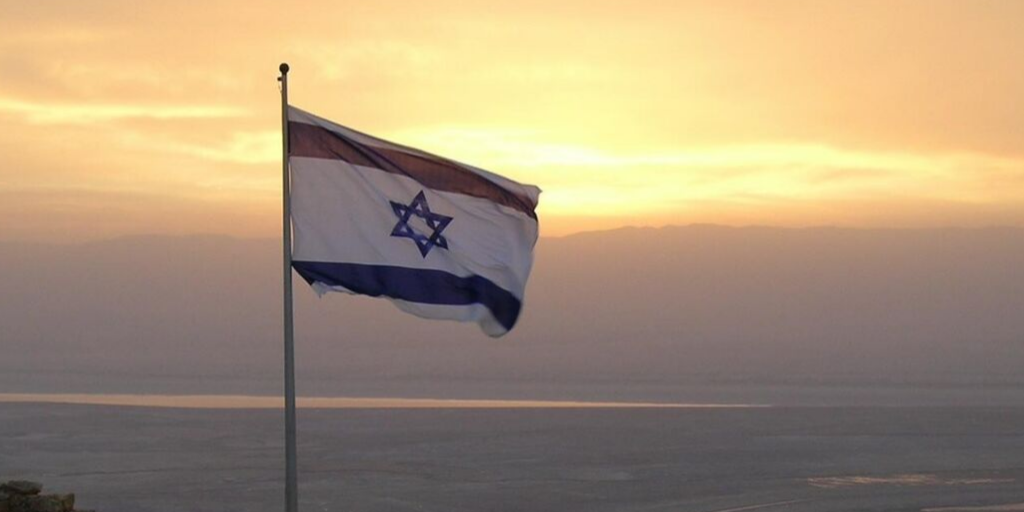From JCRC Director of Israel Engagement, Eli Cohn-Postell:
With local and national campaigns ramping up at home, one could be forgiven for losing sight of Israel’s second election in 2019. Next Tuesday, the 17th, millions of Israelis will cast their ballots and select a new parliament. You may recall that Israelis also went to the polls in April, and this second election is taking place because that Knesset voted to dissolve itself when Prime Minister Netanyahu was unable to form a coalition.
We celebrate the resilience of Israeli democracy—the sacred expression of the will of the citizenry, and all the messiness that the democratic process entails. With that in mind, here are some of the storylines we will be following as we look at next week’s election and its aftermath. We are also happy to continue to provide insight and analysis at our post-election briefing with the Israel Policy Forum on September 23rd. As a reminder, JCRC will not be making a statement about the election results until a coalition is formed.
First, a too-brief introduction to the mechanics of Israeli elections. On Tuesday, all Israeli citizens will vote for a party, not an individual. Every party that receives at least 3.25% of the vote will be represented in the Knesset. Each of these parties will then recommend one person, who the President will task with forming a government—likely the leader of the largest party. They will have four to six weeks to form a majority coalition of 61 or more Members of Knesset. Election Day is a national holiday in Israel, and there is no absentee voting. Only members of the diplomatic corps and other governmental agencies may vote from outside the country.
The main story we are following has to do with voter turnout. No one knows how Israelis will respond to this unprecedented second election. Are they excited? Engaged? Apathetic? Turnout in Israel’s past six national elections has averaged 67%. Those living outside of Israel who can vote did so last Friday, with 69% of eligible voters casting ballots. This is a relatively low number for this population—a 7% drop from April—which could presage low turnout next week as well.
A second layer of this story centers on Israel’s Arab citizens. Israel has four primarily Arab parties, running together on a Joint List. These parties also ran on a Joint List in 2015, which resulted in 64% turnout among Israel’s Arab citizens and 13 seats in the Knesset. In this April’s election, the parties ran on two separate lists and combined for only 10 seats, as Arab turnout dropped to under 50%. We will be watching to see if turnout rebounds under the Joint List, which may even propel party leader Ayman Odeh to an unprecedented role as the leader of the Knesset’s opposition.
We will also be tracking various parties to see if any of them soften their demands in order to form a coalition. Following April’s election, many party leaders dug in their heels and refused to budge on either their policy or ministerial demands. This was one factor preventing Prime Minister Netanyahu from forming a coalition following the April election. Something similar may recur this time around, and we will be watching to see if party leaders maintain a hard line in negotiations even if it means potentially forcing a third election.
Finally, we cannot ignore the specter of the legal battles that were significant factors in April. Prime Minister Netanyahu is facing indictment in multiple cases. His last chance to convince the Attorney General not to indict him is on October 2-3, smack in the middle of the coalition process. While this was an issue in the April election, the hearing date means that legal concerns are a more significant complicating factor this time around. We also do not know if negotiations will be held up due to the ongoing tensions between the Knesset and Israel’s Supreme Court, which was a primary factor in April’s coalition negotiation.
While we do not know what will happen next week, we are encouraged by the resilience of the Israeli people in navigating this unique moment in their history, and we respect the will of the Israeli public in determining their own path for the future. Regardless of the results, we at JCRC remain committed to Israel’s future as a secure, Jewish, and democratic state, and we stand firm in our conviction that this must be achieved through the two-state solution. And for those of you who already have election fatigue, remember that November 3, 2020 is only 416 days away.
Shabbat Shalom,
Eli




